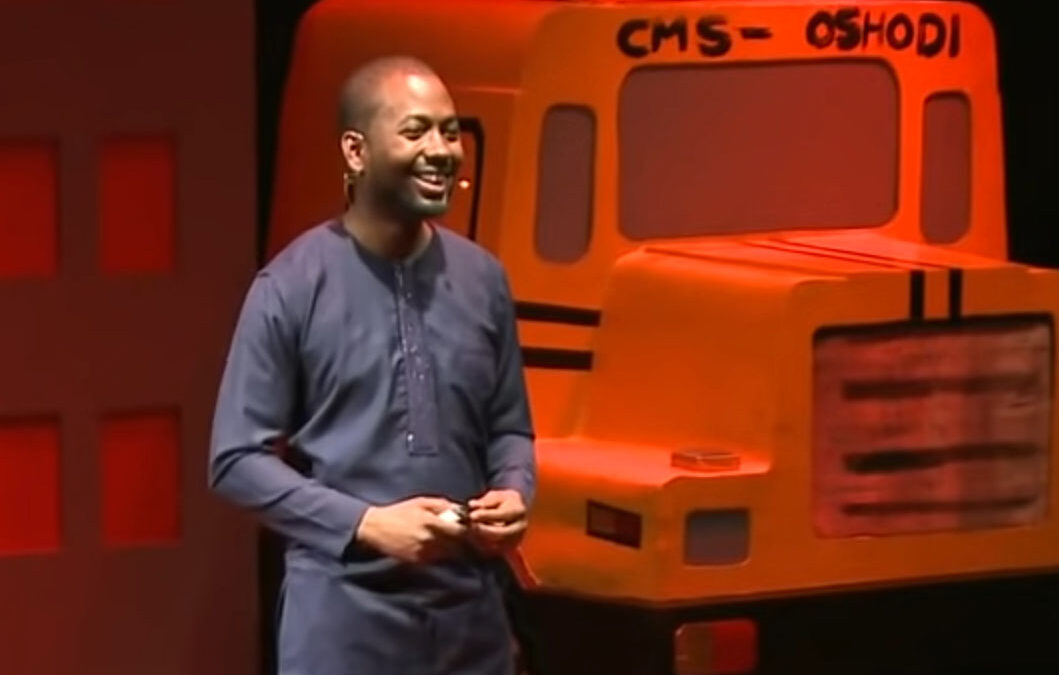Apologies and Gratitude
Hello friends,
If only it were easier to say “I’m sorry.” If we could just be better at apologizing — truly apologizing — think of how much easier it would be to move past conflict, maintain loving relationships, and build trust. Probably there’s a good reason why saying “I’m sorry” is inherently difficult.
If it’s difficult to apologize, does that mean we can get better at it? That’s one of the things I’m hoping to figure out in this week’s conversation! We’ll watch a brief video titled, “A perfect apology in three steps” (it’s only three steps, but that doesn’t mean it’s easy). In it, the speaker talks about how to craft an effective apology, and how this turns us toward a place of gratitude. If you don’t have time to watch the video beforehand, no apology is necessary. 😉
Our warm-up question for this week:
What’s your favorite summer Olympics sport to watch?
See you soon,
Alex
The Diversity of Mental Illness Experiences
Hello friends,
It’s tempting to think of mental illness in terms of diagnoses, and to some extent it makes sense to do so. After all, by necessity there are commonalities in how people experience clinical depression or any other named health outcome. The problem is that there are wide ranges of experiences “within” a diagnosis; how one person experiences and recovers from clinical depression can be dramatically different from the next person.
This is yet another reason why it’s so important to anchor our understanding of mental illness on the perspectives of those whose lives are touched by it. Through this lens we can begin to appreciate how much diversity there is in mental illness experiences and outcomes. We’ll get a chance to do just this as we watch and respond to a video titled, “Mental Health: In Our Own Words” during our conversation this week. I hope to see you there!
Our warm-up question for this week:
Imagine you were going to take a cross-country road trip anywhere in the world…where would you go, and what kind of vehicle would you want to travel in?
See you soon,
Alex
It’s Cool Now to Speak Openly About Your Mental Health Journey, or Is It?
Hello friends,
Over the past few weeks we’ve watched and discussed some really inspiring videos about how people have turned their personal struggles with mental illness into profound acts of courage and generosity. It’s not your typical Christmas content, I suppose, but Christmas is a celebration of hope and these stories are nothing if not hopeful.
This week we’ll watch one more from Carson Daly (if you grew up on MTV he needs no introduction), who speaks candidly about his struggles with anxiety and panic disorder. One of my hopes is that, in just a few years’ time, we hear even more of these personal testimonies…not just from those affected by depression and anxiety, but also from people affected by types of mental illness such as schizophrenia and borderline personality disorder that are still considered taboo.
Our warm-up is a Christmas-themed guessing game!
Name two Christmas carols, and see if everyone else can guess whether you love one and despise the other, love them both, or give them both a “bah humbug.”
See you soon,
Alex

“The next time you hear ‘mental,’ do not just think of the mad man, think of me”
Hello friends,
We have many preconceptions about mental illness that we may or may not be aware of—who it affects, what it looks like, how it should be addressed—that are ingrained in us through the images we see, the voices that get (or don’t get) elevated, and the many other ways in which mental health is represented in our society. These preconceptions can make it a lot harder for some people to get the help they need when facing mental health challenges because they invite stigma, intentionally or otherwise.
This can be especially true for people in cultures where mental illness is not yet widely regarded as a treatable illness, for men who have been trained to suppress emotions to avoid projecting weakness, and for people of faith who have been taught that seeking help “apart” from God is a betrayal of religious conviction. In today’s conversation we’re going to hear from one person for whom this was the reality of seeking help for mental illness. Some questions to consider as you watch this 9-minute video:
- Do we have an assumption about what “being mentally ill” looks like? How has that changed over time?
- What role does culture play in determining who does or doesn’t get help for mental illness?
- Do we have a problem with mental illness education and awareness being overly represented by people from some cultures or backgrounds?
- What preconceptions do we have about mental health that intentionally or unintentionally create stigma?
Our warm-up question for this week is more of an activity than a question:
Choose one person in the discussion and tell us something you appreciate about that person. The more specific you can be, the better!
See you soon,
Alex